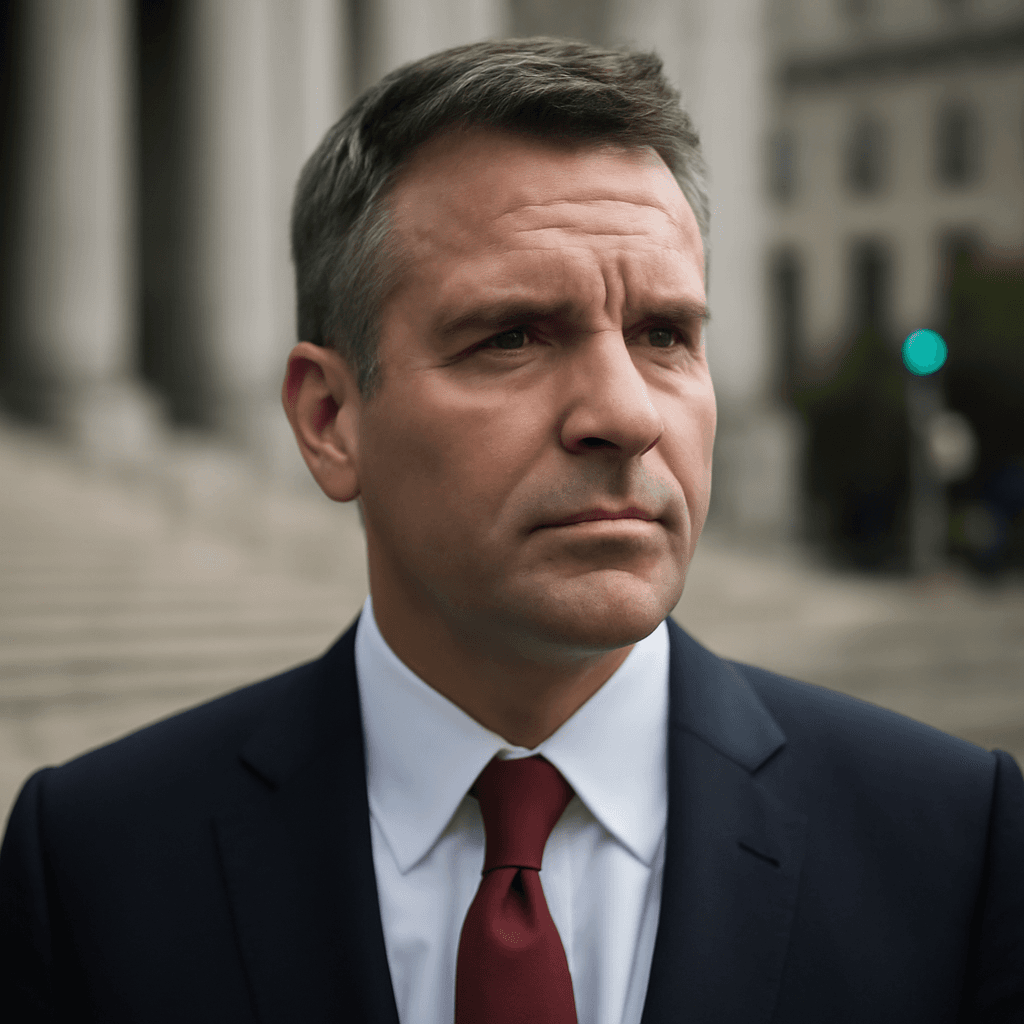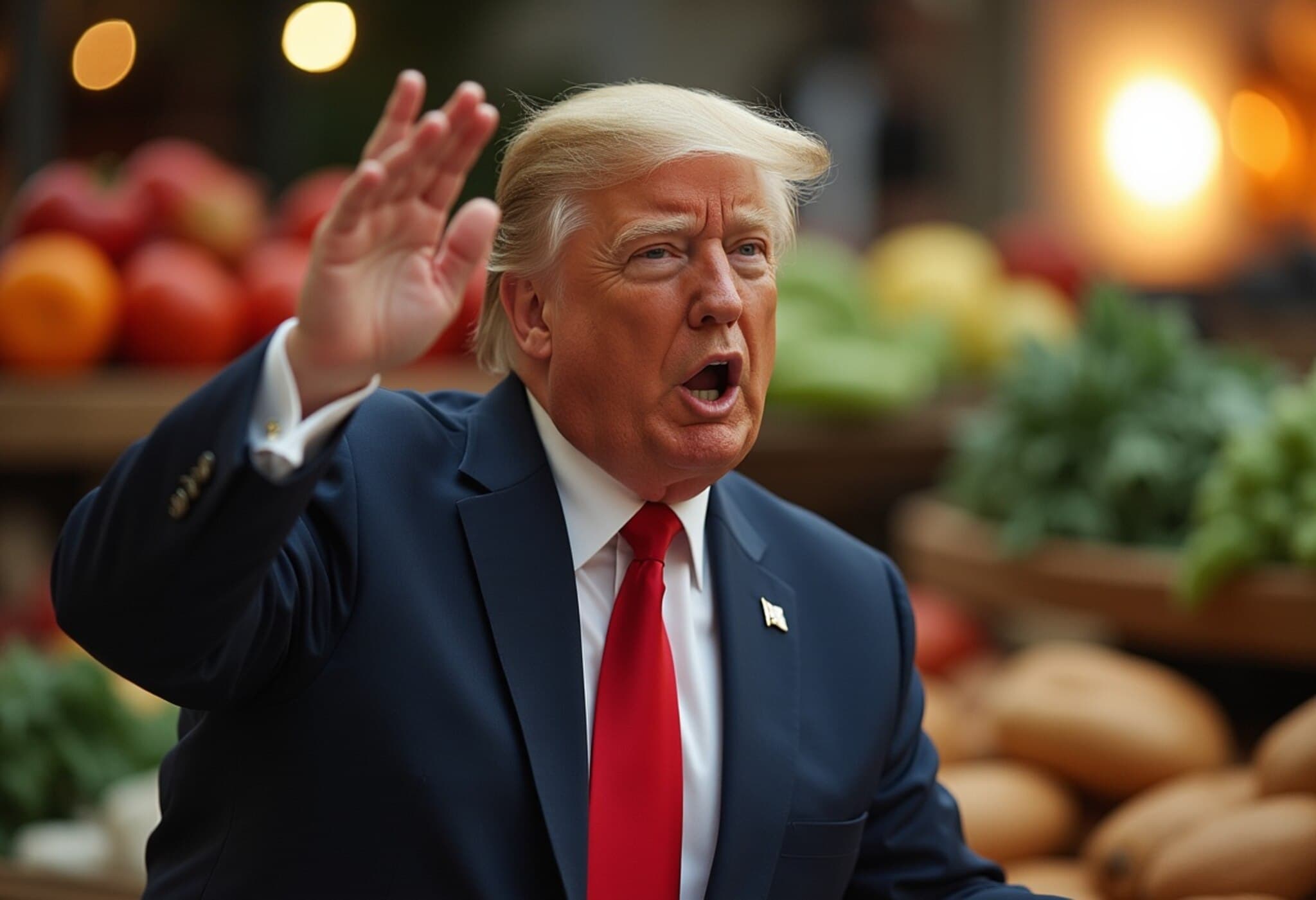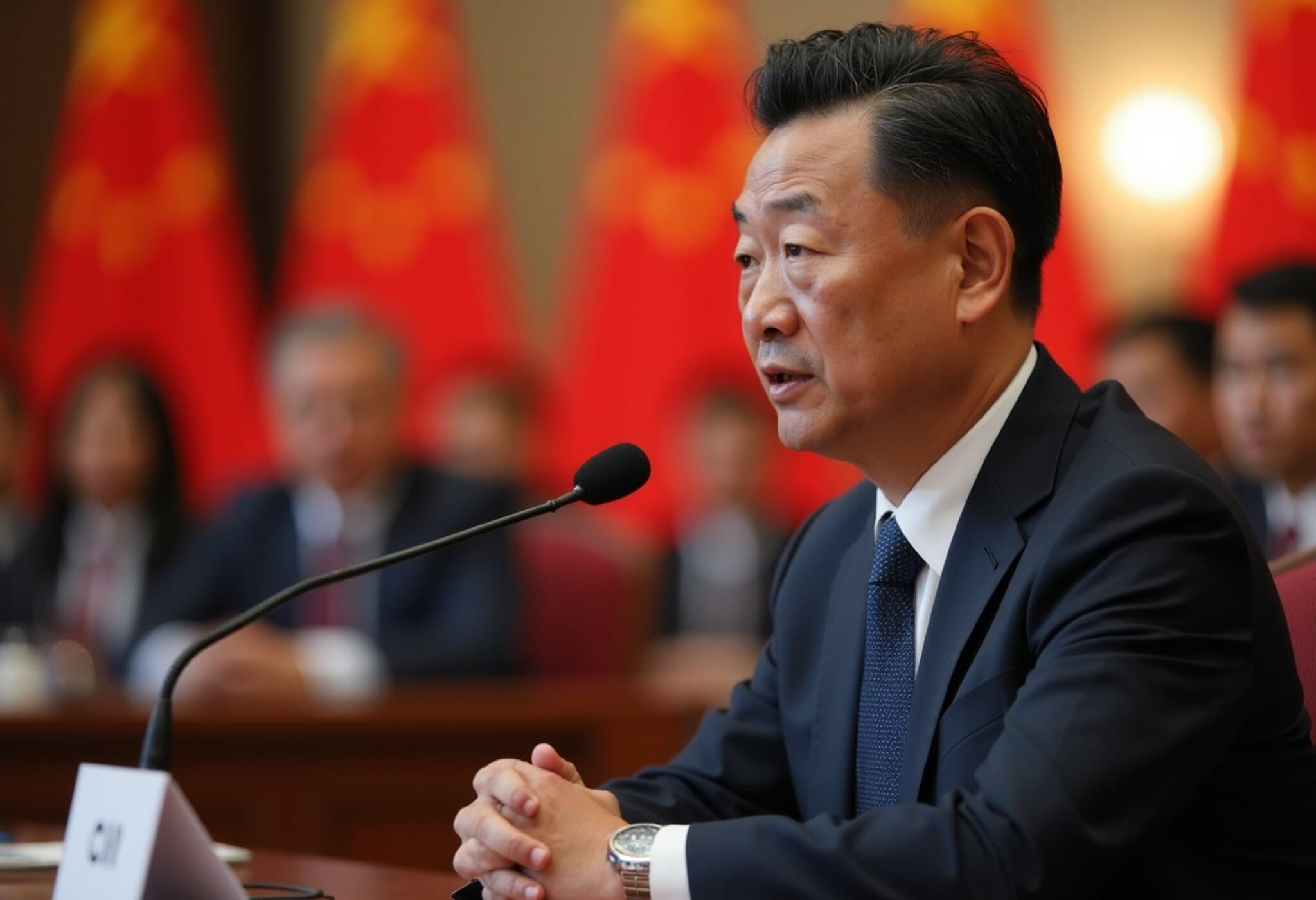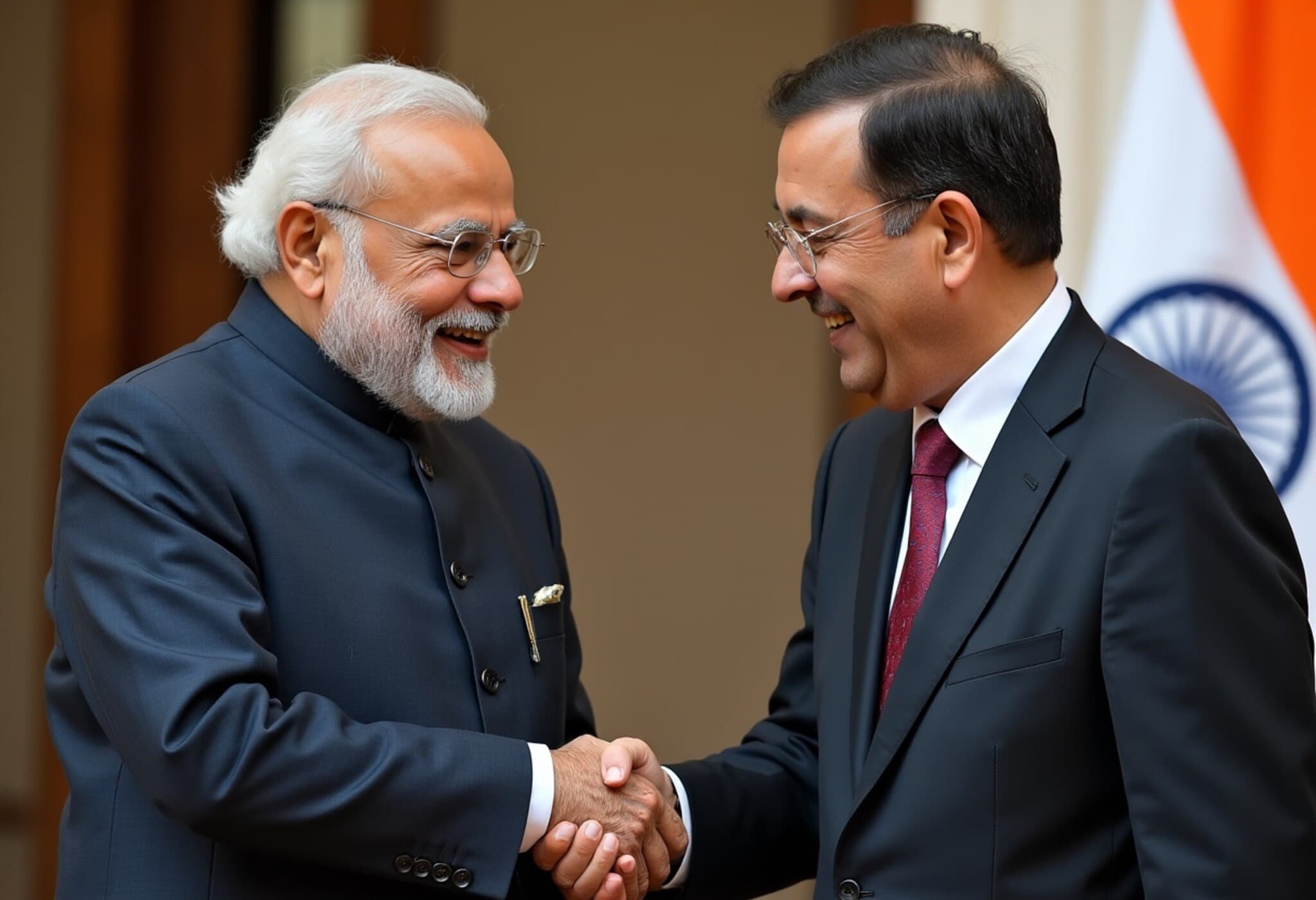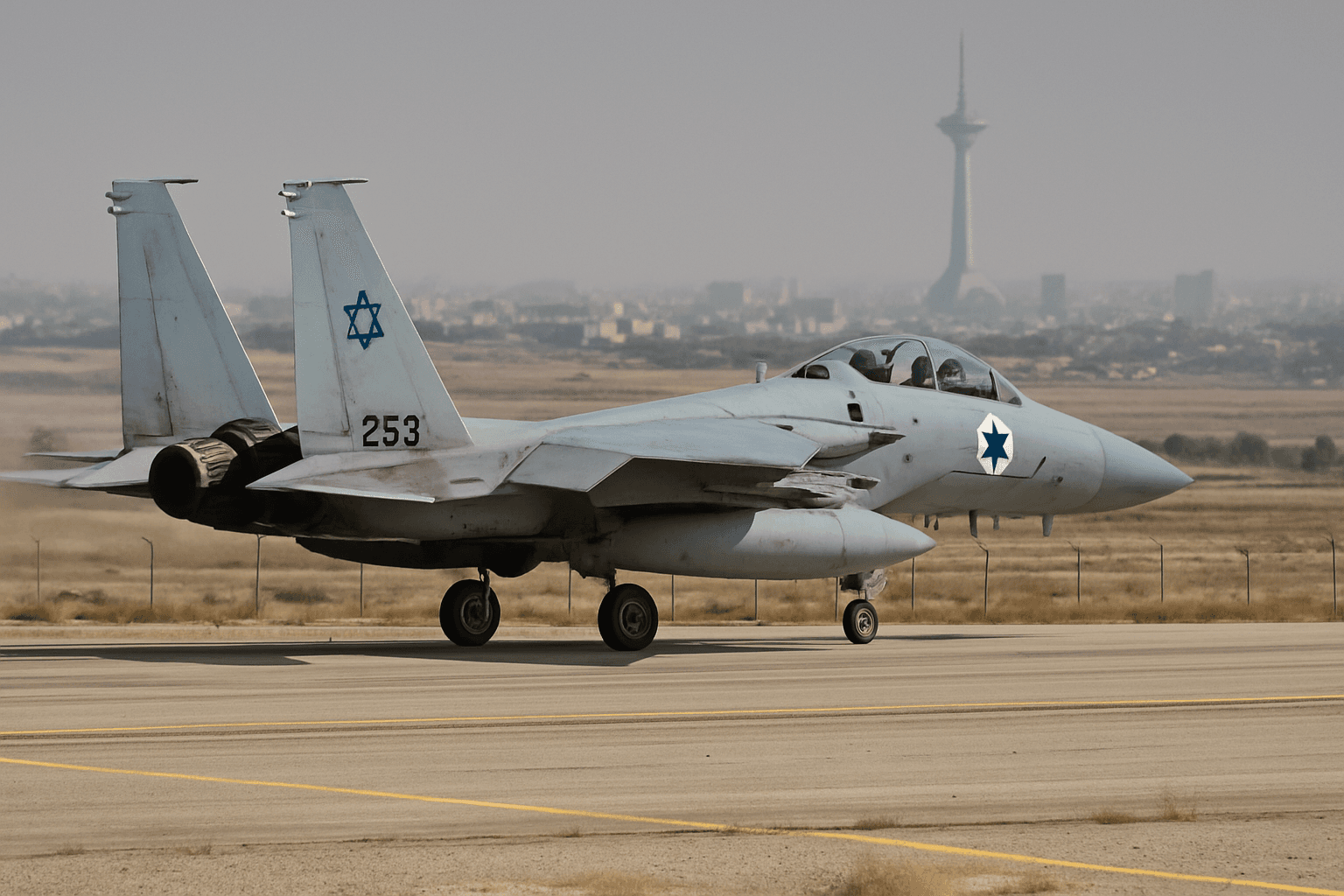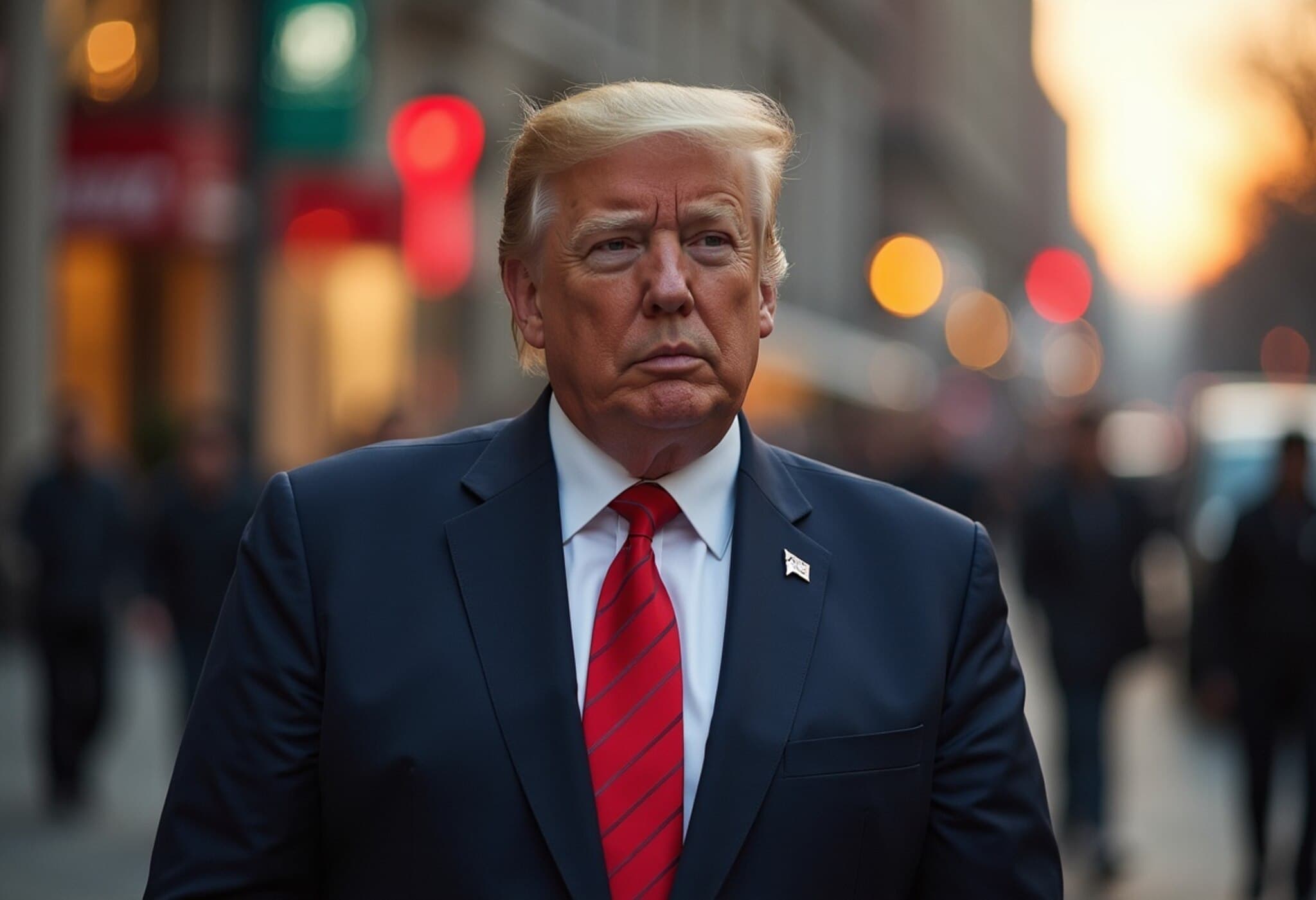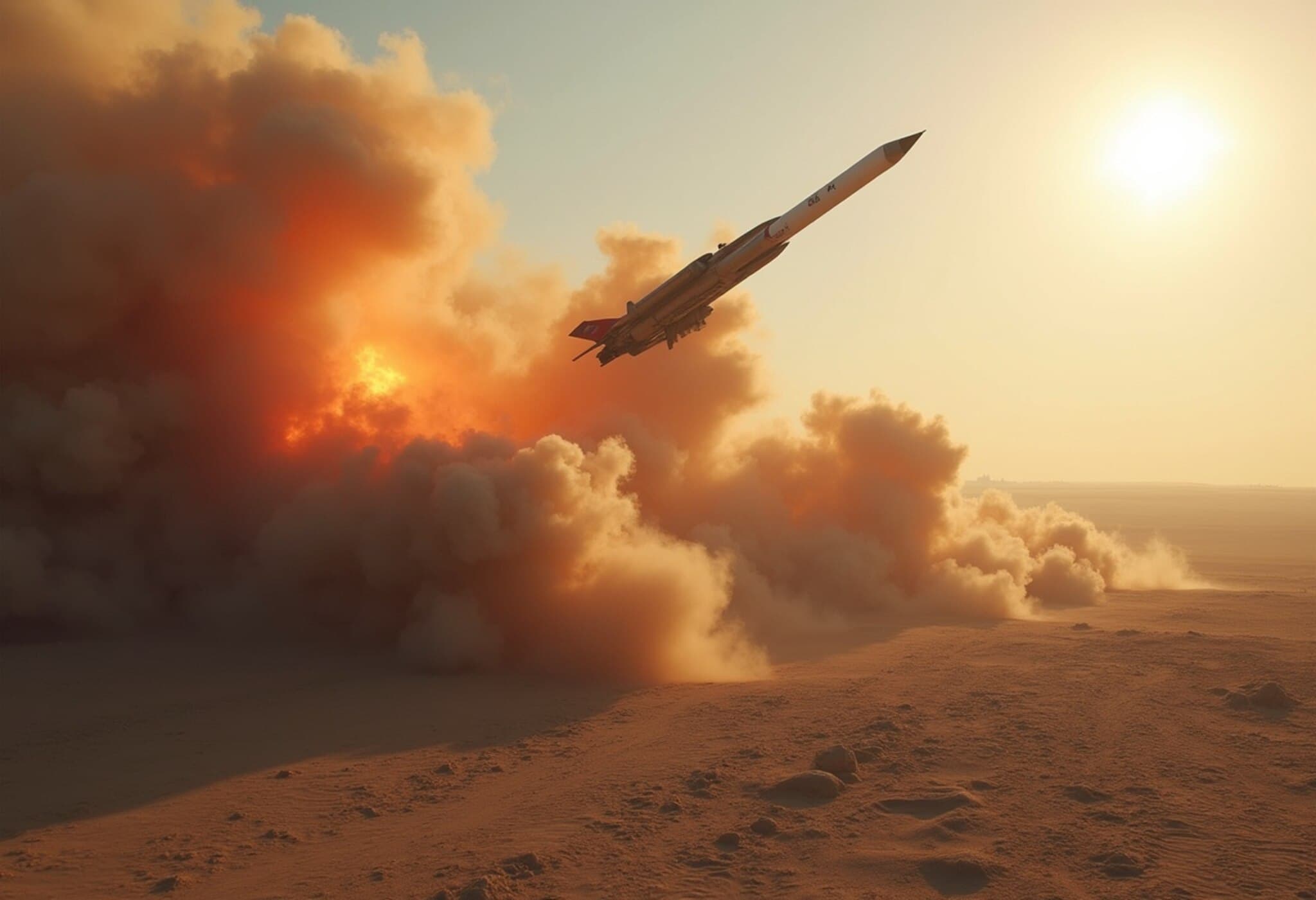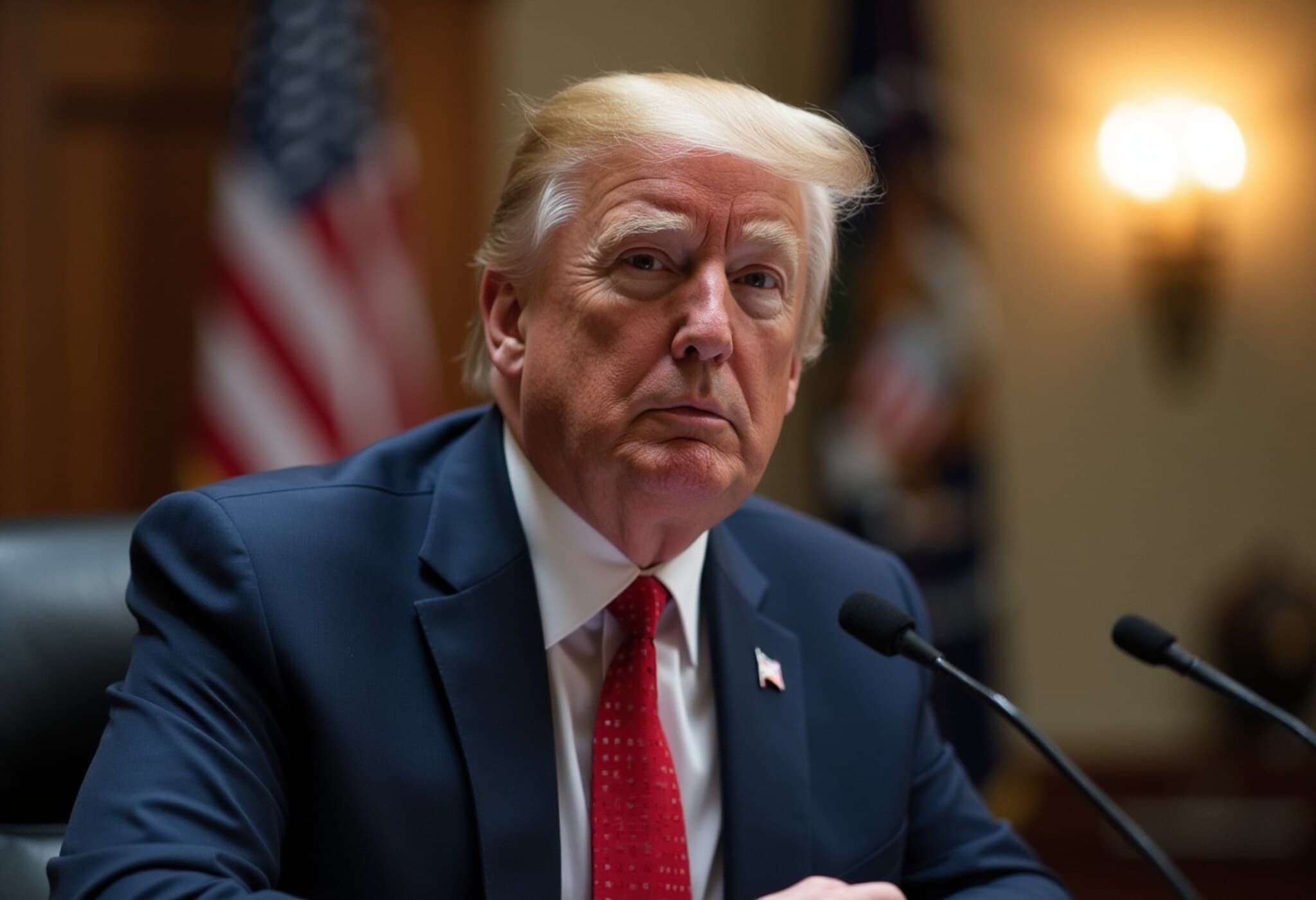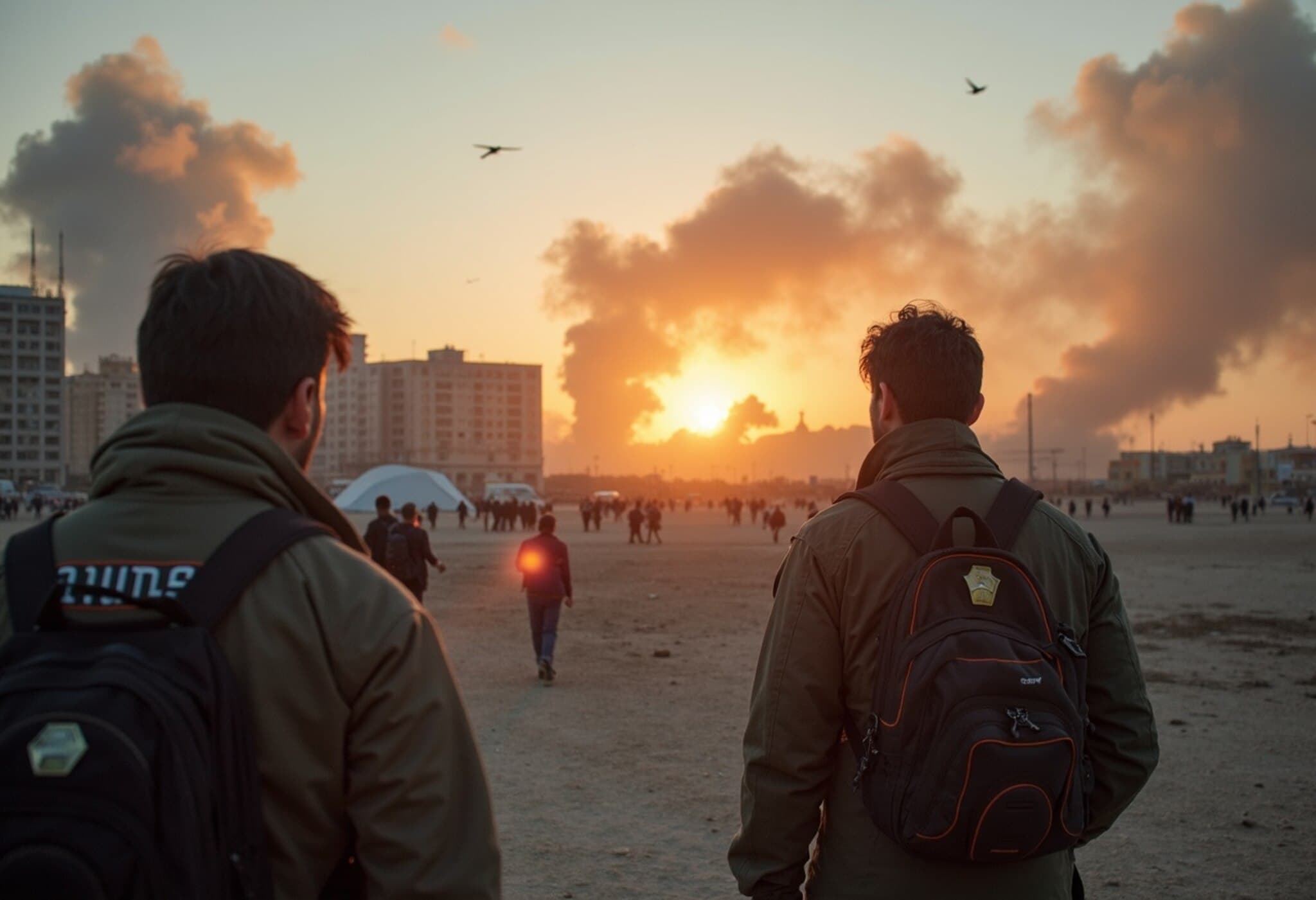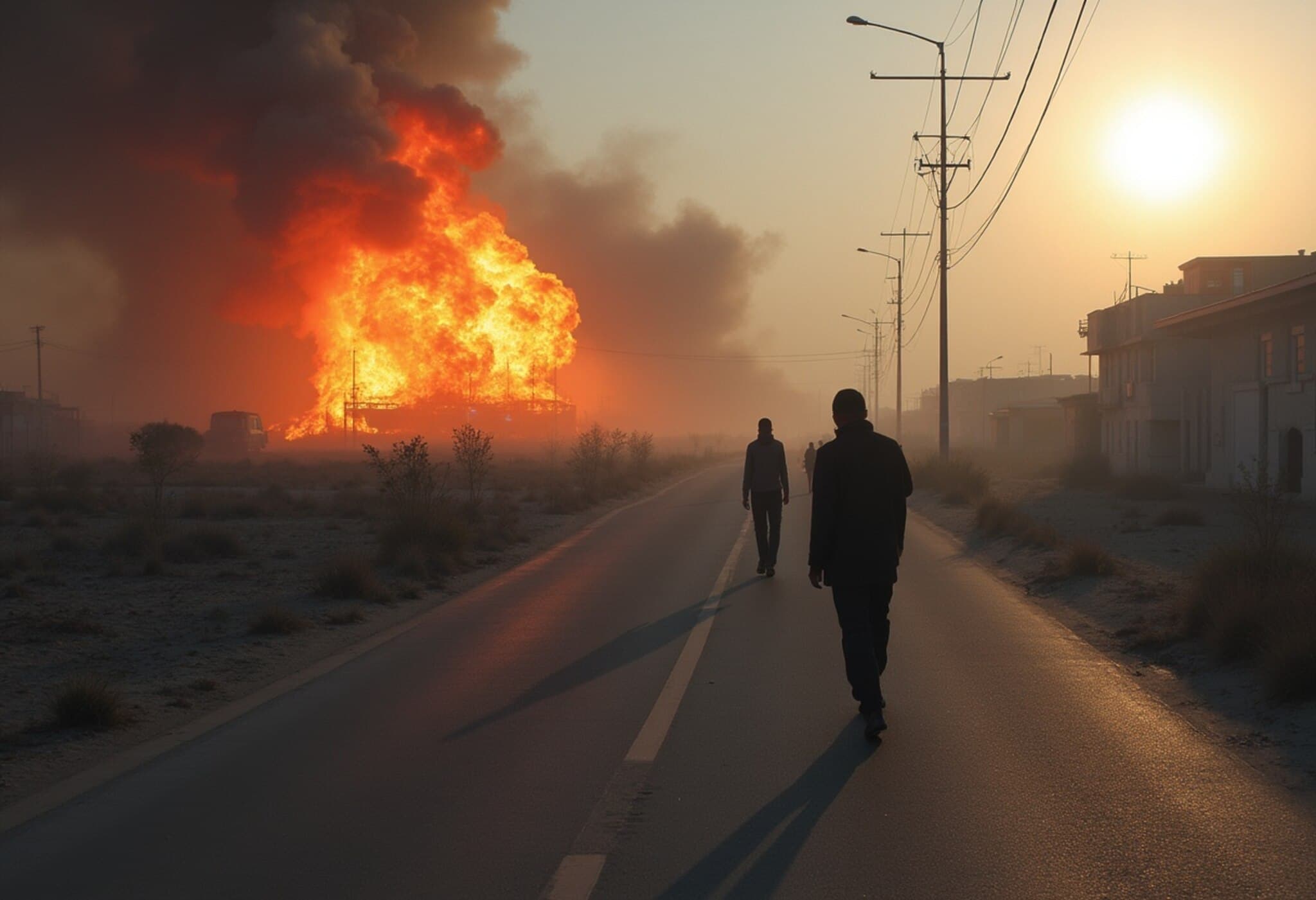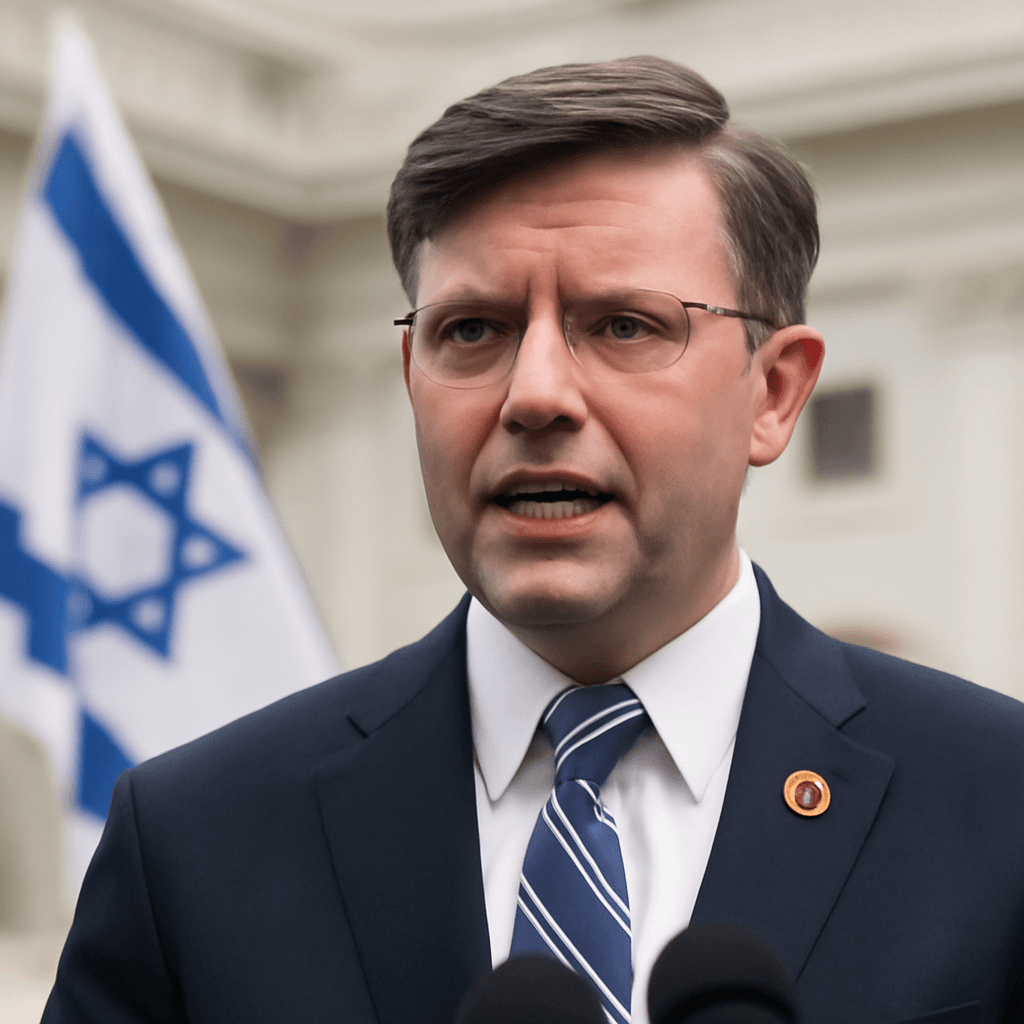US Navigates a Complex Landscape Amid Rising Middle East Tensions
Recent military actions by Israel have intensified tensions in West Asia, placing the United States in a precarious and strategically sensitive position. While Israel insists its strikes are acts of self-defense, the US finds itself balancing alliance solidarity with diplomatic negotiations and cautious military strategy. This delicate balancing act reveals a significant gap between what the US publicly says, what it wants, and what it understands behind the scenes.
What the US Says: Cautious Diplomatic Distance With Firm Warnings
In the wake of Israel's military moves, the US Secretary of State emphasized that America is not directly involved in these operations. His message was clear: the US prioritizes the safety of its forces and seeks to avoid entanglement in escalating violence.
He also issued a direct admonishment to Iran, cautioning that any targeting of US interests or personnel would not be tolerated. This statement reflected Washington’s effort to maintain a stance of detachment while warning Tehran against hostile actions.
Earlier, the US President had urged Israel to hold back, warning that unilateral strikes risk undermining ongoing diplomatic initiatives, particularly the crucial nuclear negotiations scheduled shortly in Oman. Despite these pleas, Israel proceeded, informing Washington that the operation was necessary for its defense. The US responded with neither explicit endorsement nor condemnation, illustrating its delicate diplomacy.
What the US Wants: Preventing a Nuclear Iran at All Costs
Beneath the carefully crafted diplomatic language lies the US’s unwavering strategic objective: Iran must never acquire nuclear weapons. This position transcends political divides and aligns closely with Israel’s security concerns.
Key US lawmakers have echoed this resolve, adopting a firm posture toward Iran. One prominent senator framed the situation as a critical test of Western determination, while congressional leaders reiterated support for defensive measures should Iran retaliate against American interests.
The consistent message is unmistakable—through diplomacy or deterrence, a nuclear-armed Iran is unacceptable.
What the US Knows: Preparing for Escalation and Retaliation
While publicly advocating restraint, the US is evidently bracing for the repercussions. Strategic repositioning of American forces in the region is underway, with embassy staff evacuated from key countries and authorizations given to reduce non-essential personnel.
Intelligence reports indicate potential Iranian plans to target US military installations in response to Israel’s actions, posing a serious risk despite America’s official detachment.
Furthermore, the President has acknowledged awareness of Israel’s strikes, highlighting the complex nature of US involvement.
A High-Stakes Diplomatic Tightrope
The current US approach reflects a layered strategy: maintain public diplomatic distance to preserve delicate talks, affirm support for Israel’s core security issues, and safeguard American forces from possible Iranian retaliation. This nuanced stance walks a fine line, aiming to avoid direct conflict while managing alliance expectations.
The Fragile Future of Nuclear Talks in Oman
The upcoming sixth round of nuclear negotiations hangs in uncertainty. From Tehran’s perspective, Israel’s actions and Washington’s muted response could signal that diplomatic efforts are doomed. At the same time, internal pressures on Iran’s leadership might fuel a hardline response.
What was once anticipated as a critical breakthrough now risks becoming a reflection on the collapse of diplomatic progress.
Three Realities Shaping a Single Crisis
- The US publicly disclaims involvement in military strikes.
- Washington adamantly seeks to prevent Iran from gaining nuclear weapons.
- The administration quietly prepares for fallout from a conflict beyond its initiation.
The unfolding situation will test the US’s ability to manage the stark contrasts between its words, objectives, and intelligence. The balance between peaceful resolution and confrontation hinges on how effectively this contradiction is navigated in the days ahead.

